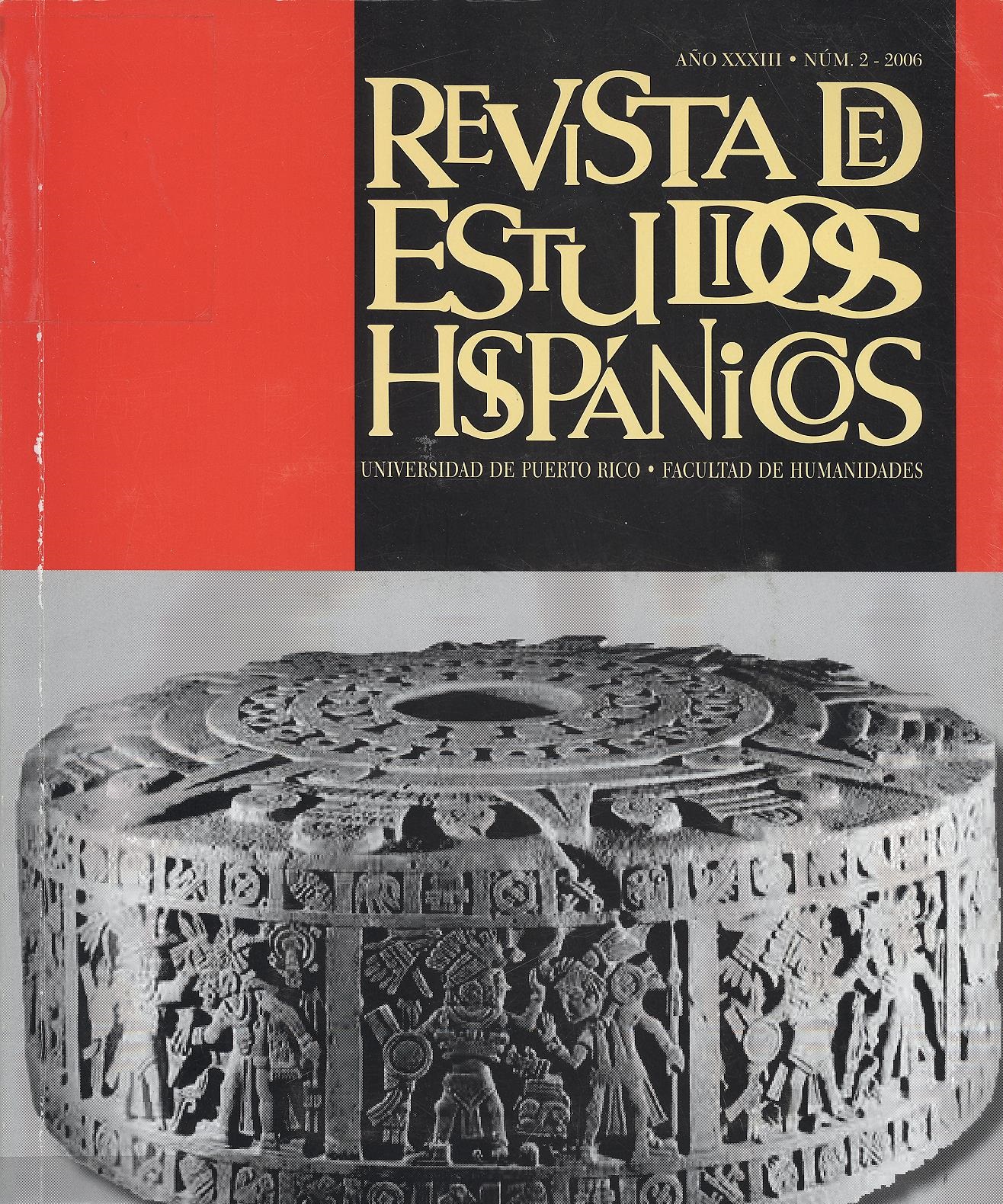Abstract
La casa de la laguna (1996) by Rosario Ferré is an example of how in the last decades Hispanic American women writers have been exploring the new historical novel. In their narratives the authors question –at a political level- the official histories and power relations. At a more personal level, these novelists create a language that allows them to express their identity and to insert themselves into history. Ferré, through the historical novel and the popular genres of melodrama and the national romance, revisits the traditional themes of history and family to present her project of Puerto Rico‘s future. It is necessary to read this cultural proposal to continue enquiring and articulating inclusive constructions of the Island‘s identity that take into consideration the complexity of the "great Puerto Rican family".This work is licensed under a Creative Commons Attribution-NonCommercial 4.0 International License.
Downloads
Download data is not yet available.

